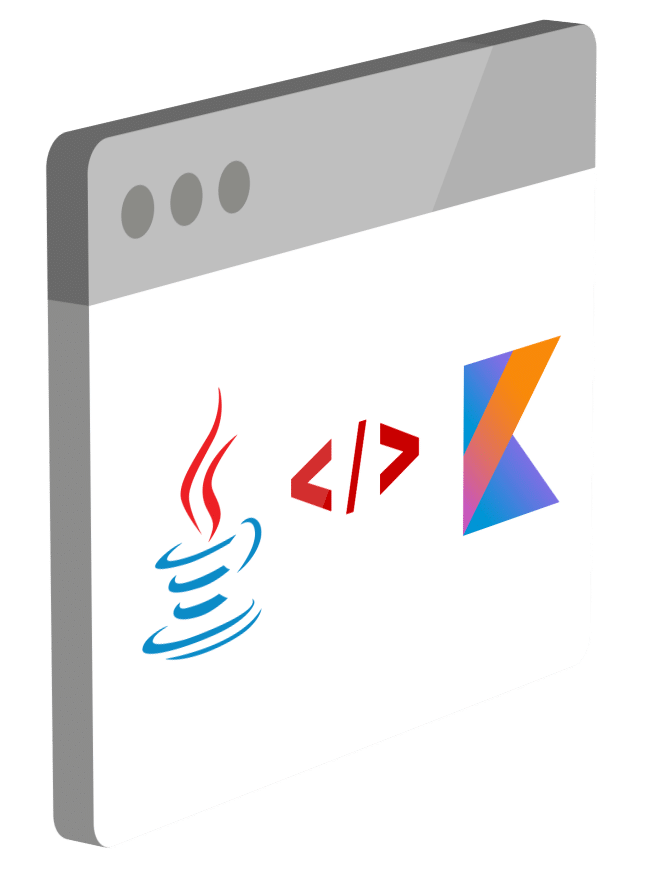
The next generation of Corda is here
The future digital economy is open, trusted, and connected. Build multi-party solutions with ease on the leading open, permissioned distributed application platform designed for regulated markets.

The fastest way to build future-proof distributed multi-party apps
R3’s Corda leverages cloud-native technologies for scalable and configurable app deployments. Develop on a highly available platform designed for complex and highly regulated markets.


Scale digital assets and currencies from proof-of-concept to production
Represent a broad range of digital asset types on the Corda ledger to dematerialize, fractionalize and democratize them. Use cases include enhanced asset lifecycle management, new means to capital formation, instant settlement, and the ability to unlock liquidity in previously illiquid markets.
Settlement finality
Corda’s consensus model guarantees that assets have deterministic settlement finality.
Native smart contracts
Model digital assets on ledger, eliminate data reconciliation, and automate business processes.
Regulatory compliant
Grounded in existing legal constructs and compatible with existing and emerging regulation such as ISO 20022 and ISDA CDM.
Native interoperability
Corda lays the foundation for native interoperability, while CorDapp users can exchange value from one Corda network to another with privacy, security, and control.
Frictionless exchange of data and assets
Enable the negotiation, creation, and seamless exchange of high-value data, digital assets, and smart contracts among counterparties where large degrees of coordination and trust are critical.
Model digital assets across the lifecycle
Develop solutions powered by the best-of-breed distributed ledger for regulated, institutional grade digital asset issuance, trading, and settlement.
Composable building blocks
A modularized development framework that enables you to use only the capabilities you need, when you need them.
Automate business logic
Streamline inter-firm automation across a business network and orchestrate complex multi-party workflows with resilience.
Integrates easily with existing systems
Corda uses standard sets of technologies such as HTTPs, X509 and RESTful APIs to enable deployment and integration with the enterprise ecosystem, and compliance with enterprise security policy.
The power of connected distributed networks
Corda enables open and secure transactions at scale, ideal for financial markets.
Single identity with mutual memberships
Corda provides the ability to maintain identities across all Corda-based networks and ensures all CorDapp identities are tied to a legal entity reducing security risks.
Asset fluidity
With Corda, digital assets move freely across network boundaries using well-defined trusted exchange protocols that meet regulatory demands for privacy and security.
Open, connected networks
R3 is building interoperability to ensure Corda can act as a bridge to liquidity beyond the Corda ecosystem. The R3-Adhara Hyperledger Lab Harmonia will further explore cross chain atomic experimentation code between an EVM-based network and Corda.
